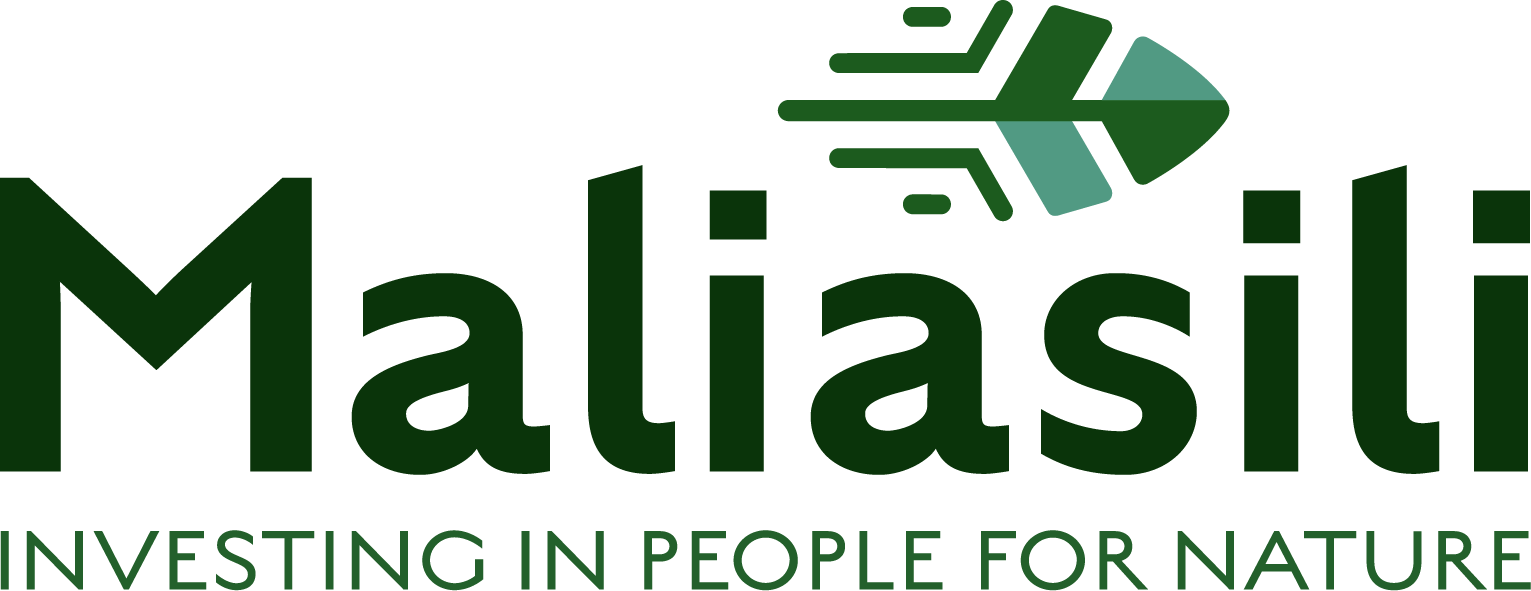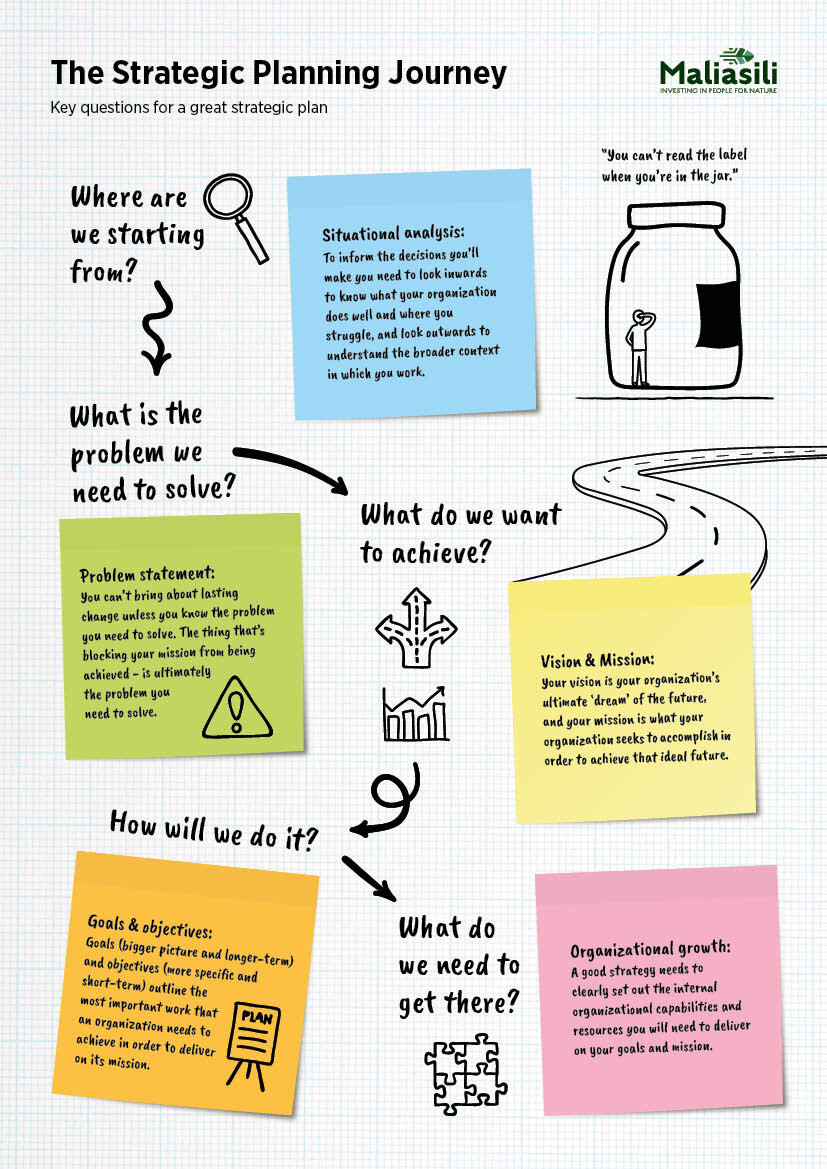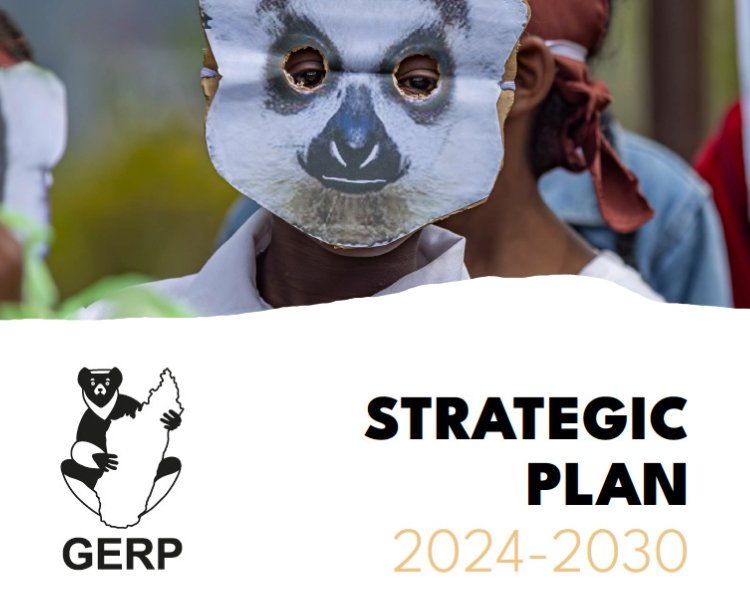
Strategy is about understanding what needs to get done, what a particular organization is uniquely positioned to accomplish, and designing the right path to do it. It involves big thinking yet practical solutions.
At Maliasili, we ask tough questions to help organizations find the right answers so they can gain focus and clarity on what they need to do to achieve their mission, goals and create lasting change.
Our Strategic Planning Process
The process of facilitating and developing new strategic plans varies between organizations depending on size, scope and complexity. However, Maliasili commonly follows a set process to develop strategic plans as we’ve learned from experiences that it works. Although we play a lead role in drafting the content of an organization’s strategic plan, we expect the organization to invest significant time and resources in the process as the plan is ultimately their product.
Four key components of our strategic planning process:
1. Analyzing Context
Strategic planning is about deciding what an organization wants to be, what it wants to achieve, and how it is going to do that. To make such future plans around an organization’s key goals, actions, and investments, it is critical to look backward at what an organization has done, what it has achieved, and where it may have fallen short of its goals or plans. Similarly, it is critical to understand the external context that an organization operates within - in other words, to understand how the world around it is changing and how those conditions shape its challenges and new opportunities.
This assessment of an organization’s strengths and weaknesses, achievements and shortfalls, and its external threats and opportunities, are distilled into a situational analysis that describes this context in a succinct way. This is a key step in strategic planning as it enables an organization to think clearly, soberly, and critically about what it can and should be doing going forward into the future.
2. The Journey Forward
Strategic planning can be thought of as the journey that an organization wants to take in order to bring about change in the world. A strategic plan provides the vision and clarity to direct and structure that journey, even while recognizing that the road travelled almost always changes shape somehow along the way. Through a participatory process including several workshops and many other side discussions, an organization decides the vision it wants to pursue, how to describe its mission, the interventions it believes it must take to bring about change, and the key goals and objectives that should guide its work.
3. Organizational Capacity and Implementation
Once an organization has articulated what it wants to achieve and how it wants to change the world, it needs to match those ambitions with the internal organizational skills and resources that will enable it to deliver. A strategic plan needs to connect the evolution and development with the organization with its mission and vision of impact, by providing goals related to key organizational domains such as funding, staffing and skills, governance structure or composition, and key partnerships.
4. Communicating the Vision
Strategic plans not only provide the internal guidance for an organization’s work and its investment of resources, but can be an invaluable tool for communicating its vision and aspirations to external audiences. The design and distribution of a strategic plan is a key final step in the process that can add value and support implementation of the plan itself.
What makes our strategic planning process different:
Maliasili’s technical expertise in the conservation and natural resource sectors help us understand the context in which an organization works, allowing us to ask good questions, identify organizations’ most important strategic challenges and questions, and design an effective process.
We believe in and understand the organizations we work with. We only take on a strategic planning assignment if we believe in the mission and aspirations of an organization. Unlike most consultants, we are ourselves running a growing organization that seeks to achieve conservation impacts, and we understand the stresses and challenges that our partners and clients experience.
We strive for simplicity. Community-based conservation can be complicated and complex as social, cultural, political, economic and environmental factors all influence the model. While we must understand the complexity and context, we want strategies to be clear and actionable. In everything we do we strive to create practical, tangible, action-oriented solutions. A key to that is simplicity and clarity.
We ensure a strong focus is placed on implementation and on organizational dimensions of strategy- the core capacities an organization needs to deliver on the work that they want to do and their overall mission and the key steps to start implementing their strategic plan.
Our workshops are fun, interactive, inclusive, participatory, adaptive and professional.
We see the delivery of the strategic plan as the beginning of a process and not the end. Once an organization has completed its strategic plan, we work with them to figure out how to actually implement it.
Download our strategic planning summary, infographic and workbook:
Strategic Planning: The Foundations
Here are the key foundations for developing a great strategic plan.
Strategic Planning Infographic
Print and stick this infographic (A4) on your wall - to help you navigate your strategic planning journey.
Strategic PLanning Workbook
This workbook is designed to help you get started in thinking through core elements of the strategic planning process.
Interested to work with us?
“Our strategic plan has really helped us focus as a team, communicate to all stakeholders exactly what we do, and ultimately enabled us to direct our energy to achieve the results on the ground.”
–Damian Bell, Executive Director, Honeyguide, Tanzania
“As we embarked on the development of our strategic planning for the next 5 years with the Maliasili team, it became increasingly apparent to the Lewa staff that Maliasili would ensure that, whilst acknowledging and respecting Lewa's successes and resonating with our philosophies, they would not shy away from asking the difficult questions and probing our sometimes worn responses, in an effort to help us frame a credible and achievable strategy for the future. The renewed energy, enthusiasm and focus with which we are now engaging in our conservation and development centric work in northern Kenya is a testament to Maliasili's ability to facilitate an effective process.”
–Mike Watson, CEO, Lewa Wildlife Conservancy, Kenya
"Through working with Maliasili our organization has become a lot more focused, a lot more strategic, and as a result we see ourselves achieving more with less resources and less time."
–Dickson Ole Kaelo, CEO, Kenya Wildlife Conservancies Association (KWCA)
“An organization and its functional units can only operate harmoniously and be effective and ultimately successful if it has a common long term perspective on its vision, mission and key focal areas, as typically embodied in a road map or strategic plan. The wonderful work that Maliasili’s team did during our 2019 Joint Annual Planning to facilitate a review of IRDNC’s ageing 2015 – 2025 strategic plan, was immensely valuable in that it on the one hand confirmed that we were still on the right track, but also that we had to make some adjustments to adapt to an ever changing environment. We are highly appreciative of Maliasili’s continued support to IRDNC.”
–Willie Boonzaaier, Programme Director, Integrated Rural Development and Nature Conservation (IRDNC), Namibia
Strategic Plans
Maliasili has facilitated more than 50 strategic plans for our partners and others - as a key component of our organizational strengthening processes. Here are some examples of this work.
INDRI Strategic Plan 2025-2030
INDRI is a ‘think-and-do-tank"‘ working to mobilize collective expertise, intelligence and courage to foster effective public policies across Madagascar’s terrestrial, marine, and urban landscapes.
TSIMOKA STRATEGIC PLAN 2024-2030
Tsimoka is an emerging Malagasy association that has taken on the management of the Oronjia Protected Area (PA), one of the last remnants of dry forest home to unique and locally endemic biodiversity.
GERP Strategic Plan 2024-2030
GERP is a Madagascar-based organization with a strong national and international influence, bringing together experts in lemur research and conservation.
CLAWS Strategic Plan 2024-2029
CLAWS partners with people to develop and implement creative solutions to promote human-wildlife coexistence, restore rangelands, and conserve wildlife in northern Botswana.
NNF Strategic Plan 2024-2029
Namibia Nature Foundation’s (NNF) goal is to see the integration of different sectors across the Namibian environmental landscape.
MV Strategic Plan 2024 - 2028
MV's mission is to work with local communities to reverse the decline of endangered species in their natural habitats.
WASIMA Strategic Plan 2024-2028
WASIMA envisions a healthy landscape for people and wildlife where humans, lions, and other wildlife co-exist.
TTWCA Strategic Plan 2024-2028
TTWCA’s mission is to support and strengthen member conservancies and ranches for improved land management and livelihoods in the Taita Taveta landscape.
UCRT Strategic Plan 2024-2028
UCRT’s mission is to strengthen the rights to land and resources for improved livelihoods of pastoralists, hunter-gatherers, and agro-pastoralists in communities in Northern Tanzania.
ReGeCom Strategic Planning 2024 - 2028
ReGeCom’s mission is to drive the effective development of Community- Based Natural Resource Management across Mozambique.
CWMAC Strategic Plan 2024 - 2028
CWMAC firmly believes that the sustainable conservation of natural resources in Tanzania happens when local communities are at the forefront, actively managing and directly benefiting from wildlife and resources.
SRT Strategic Plan 2023 - 2028
SRT envisions a world with a healthy and free-roaming metapopulation of black rhinos in Namibia, with local people at the frontline of rhino conservation.
IMPACT Strategic Plan 2023-2027
IMPACT’s core purpose is to build the capacity of communities and their local institutions, especially those of Indigenous Peoples, to understand and defend their individual or group rights as stipulated in the Kenyan Constitution.
OELO Strategic Plan 2023-2027
OELO’s mission is to conserve biodiversity and ensure ecosystem services in the Bas Ogooué Lake region by mobilizing and supporting local communities.
Mwambao Strategic Plan 2023-2027
Mwambao’s vision is a healthy Tanzanian coastal and marine ecosystems, where communities are recognized as capable and effective resource managers with equitable benefits from their resources.
Tsavo Trust Strategic Plan 2023-2027
Tsavo Trust was founded with the aim of being the anchor for long-term conservation efforts in this important ecosystem.
COMRED Strategic Plan 2023 - 2027
Supporting thriving communities and coastal cities along the Western Indian Ocean
NACSO Strategic Plan 2023-2026
NACSO has played a vital role in building Namibia’s CBNRM movement and mobilizing funds for the program, showing strength in collaboration.
FANAMBY Strategic Plan 2022-2026
Fanamby exists to address the loss of biodiversity and natural resources upon which communities living in and around Protected Areas (PAs) in Madagascar depend.
ACADIR STRATEGIC PLAN 2022 - 2026
ACADIR is a pioneering NGO in Angola, focusing on environmental conservation and integrated community development in Southeastern Angola.
Zambian Carnivore Programme Strategic Plan 2022 - 2026
ZCP has played a leading role in conserving large carnivores such as wild dogs and lions, and ecosystems in Zambia and the broader region.
Lion Landscapes Strategic Plan 2022 - 2026
Lion Landscapes’ new vision is a future where the positive value of carnivore conservation drives better outcomes for people and wildlife.
MMWCA Strategic Plan 2021-2025
Although the Greater Mara Ecosystem is under threat from a range of significant risks, MMWCA is poised to capitalize in the next four years, on a number of concurrent opportunities to drive positive impact.
NTRI STRATEGIC PLAN 2021-2025
NTRI serves as a unique platform bringing together talented and committed organisations with a shared vision and proven track record of tangible results. The sum of these different individual efforts, combined with an effective platform for learning and collaboration, creates the potential for lasting impact at the landscape scale.
PWC Strategic Plan 2020-2024
Pastoral Women’s Council (PWC) continues to prioritize the needs of the most vulnerable pastoralist women and children in northern Tanzania.
KWCA Strategic Plan 2019-2023
KWCA sees their role as that of a ‘catalyst’ in the conservancy movement, helping to create an enabling environment that will allow conservancies and those working with them grow stronger and more effective.
CHAT STrategic Plan 2019-2023
As Communities Health Africa Trust (CHAT) moves through this next stage of growth, they continue to focus on helping the most vulnerable communities in Kenya understand the link between environmental sustainability and addressing their reproductive well-being needs.
LEWA Strategic Plan 2018-2022
Lewa’s strategic plan builds on the conservancy’s current strengths and “envisions a future where people across Kenya value, protect, and benefit from wildlife.” Its success will depend both on increasing earned income within Kenya and a coordinated effort to raise more funds internationally.
SORALO Strategic Plan 2018-2023
This strategic plan charts the next phase in SORALO’s development as an organization, including its vision, major goals and priorities, and the internal organizational development needed to deliver on its mission.
GZT Strategic Plan 2018-2021
Grevy’s Zebra Trust’s strategic plan brings their priorities and mission for the next three years into laser sharp focus: to conserve and grow Grevy’s zebra in northern Kenya.
Honeyguide Strategic Plan 2017-2021
This strategic plan focuses Honeyguide’s efforts and investments on achieving the ecological viability and financial independence of Enduimet WMA and Randilen WMAs by 2021, in order to establish these as strong models of Tanzanian community-based conservation.
IRDNC Strategic Plan 2016-2025
IRDNC's priorities is to revitalise the governance of conservancies, and CBNRM more broadly, through greater direct engagement, mobilization, and empowerment of the members of conservancies and the entire community constituency.
NASCO Strategic Plan 2016-2020
This strategic plan seeks to address both opportunities created by the significant achievements of the program during the past 20 years and to address new external and internal threats and challenges.
















































